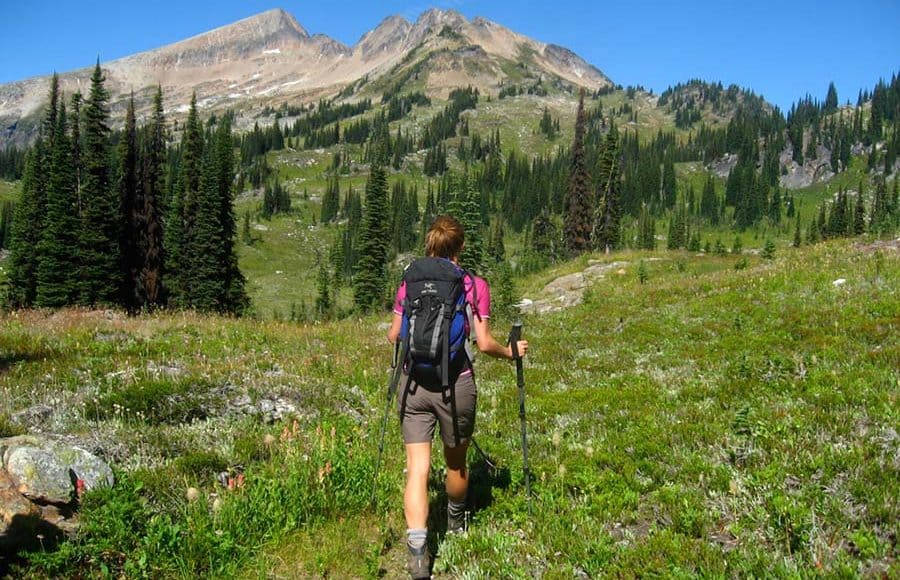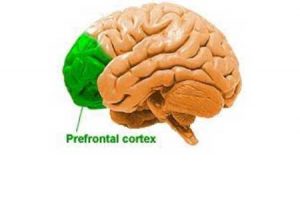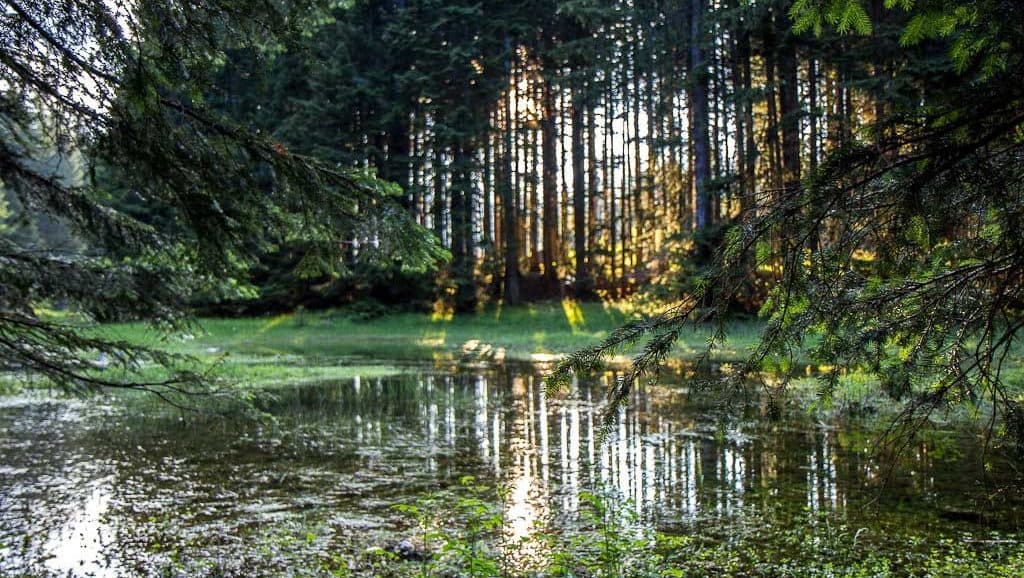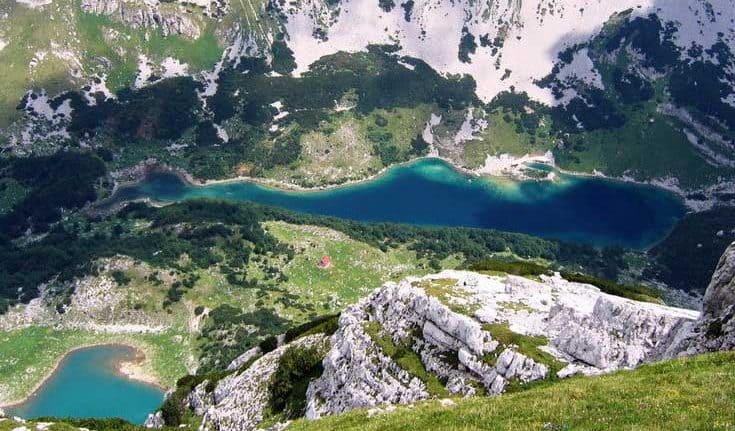Although it might seem obvious that everyone walking through the woods or hiking can cleanse the mind, body and soul, science now shows that hiking can also change your brain … for the better!

Hiking in nature can stop negative and obsessive thoughts
Besides the almost immediate sense of peace and contentment that follows time spent outdoors, hiking in nature can reduce excessive thinking. Many of us often find ourselves in the “consumption” of negative thoughts, which restrains us from enjoying the present moment, at best, and keeps us on the path to depression and anxiety in the worst case. However, a recent study published in the Proceedings of the National Academy of Sciences found that spending time in nature significantly reduces obsessive, negative thoughts.
 For the realization of this study, researchers compared the participants of the study who walked through the urban and natural environment. They found that those who walked for 90 minutes in a natural setting experienced that they focused less on negative things and also had a reduced neural activity in the subgenual prefrontal cortex, a brain area linked to mental illness.
For the realization of this study, researchers compared the participants of the study who walked through the urban and natural environment. They found that those who walked for 90 minutes in a natural setting experienced that they focused less on negative things and also had a reduced neural activity in the subgenual prefrontal cortex, a brain area linked to mental illness.
Those who walked through urban surroundings, however, did not experience a lower level of focus on negative things. The scientists argue that increased urbanization is closely associated with an increased number of cases of depression and other mental illnesses. Using time on a regular basis to escape the urban areas and spend more time in nature can be a great benefit to our mental (and physical) well-being.
Hiking is time spent away from technology, encouraging creative problem solving
A study conducted by psychologist Ruth Ann Atchley and David L. Stryer revealed that creative problem solving can drastically improve when you distance yourself from technology and reconnect with nature. The participants of this research spent about four days with backpacks in nature, and during that time they were not allowed to use any technology. They were asked to perform tasks that require creative thinking and complex problem solving, and researchers found that their performance and problem-solving tasks improved by 50% after this “tech-free” hiking trip.
Researchers noted that both technology and the urban “forests” are incredibly destructive, constantly demanding attention and prevent us from focus, and thus can reduce our cognitive functions. A nice long walk, without technology, can reduce mental fatigue, calm the mind and “provoke” creative thinking.

Hiking can reduce ADHD in children
Attention Deficit Hyperactivity Disorder (ADHD) is an increasing behavior pattern in children. Children with ADHD have difficulty to control impulsive behavior and concentrate. They’re easily distracted and overly hyperactive. While educating children with ADHD can be difficult for parents, a usual (imposed) solution is opting for prescription drugs, and it may bring more harm than good, especially when a natural solution can be just as good.
A study conducted by Frances E Cup, PhD, and Andrea Faber Taylor, Ph.D., showed that exposure of children with ADHD to “green” outdoor activities significantly reduces symptoms of ADHD.

Hiking in nature is good physical exercise, but also strengthens the brain
We already know that exercise is fantastic for our overall health. Hiking is a great way to spend between 400-700 calories per hour, depending on the length and difficulty of hiking, but it’s better for your joints than other activities such as jogging. Researchers at the University of British Columbia found that aerobic physical exercise increases the volume of the hippocampus, area of the brain that is associated with spatial and episodic memory. These exercises help to prevent memory loss. The researchers also found that physical exercise can reduce stress and anxiety, increase self-esteem and encourage the secretion of endorphin. Many people take drugs in order to solve each of these problems, but the solution for this can be a lot easier than you think!

How do you start hiking?
SFortunately, hiking is one of the easiest and cheapest sports you can get involved with, and can provide great benefits for the whole family. Start with short distances and test your skills. Do what suits you; and if that means just walking along trails in the park, that’s fine. Each exercise in the open air is better than nothing. You can easily find trail maps in the vicinity of your home on the Internet, and there are many smart phone applications that can help. But we recommend that you switch off the phone while hiking, though, just so you can get the most benefit from walking (although it may be good to carry your phone for emergency purposes). Make sure you have some good sturdy hiking boots, a hat and water bottle. It is desirable to wear multi-layered clothing, so that you can easily heat up and cool down as necessary.
Take a trip!
Translation and adaptation:
Nenad Nešić
Izvor: NoviSvjetskiPoredak.com

conor mcgregor vs floyd mayweather fight live stream online
Thanks for writing a amazing,good,great article, although I don’t
comment but the writing of this article made me to do so.
Thanks again.
conor mcgregor vs floyd mayweather fight download